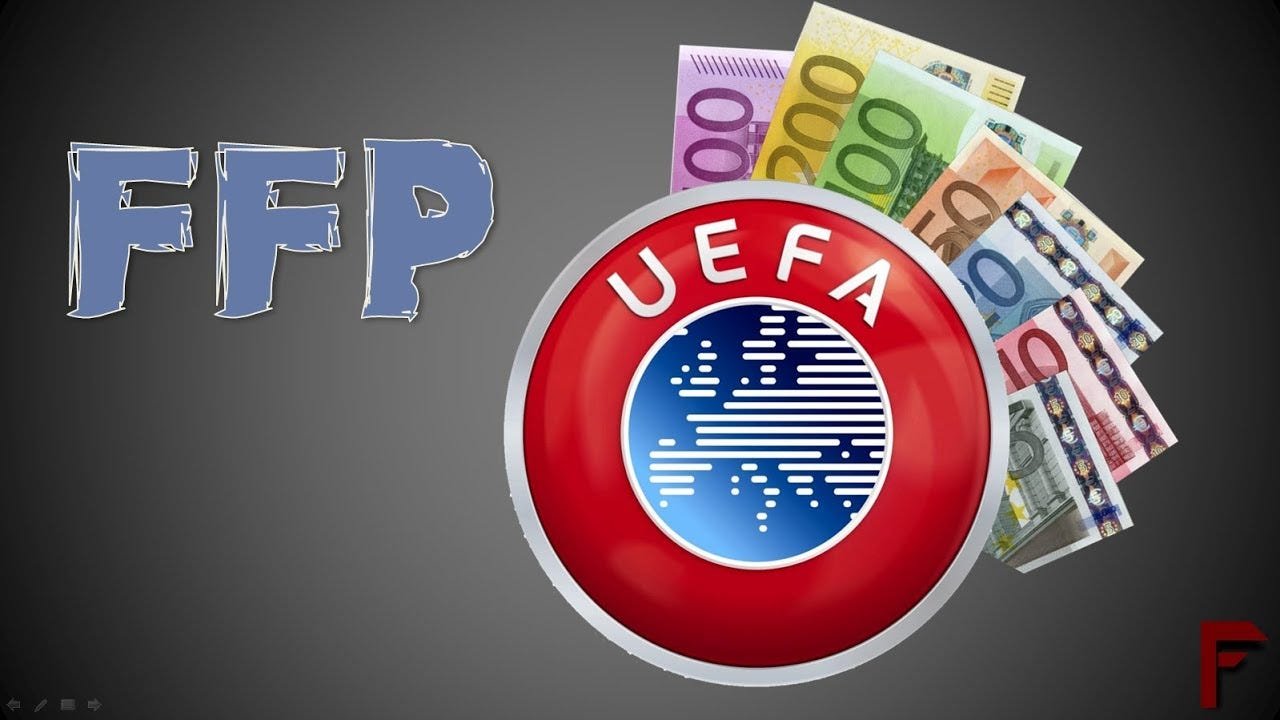The landscape of Italian football stands on the brink of a transformative era, heralded by the introduction of stringent Financial Fair Play (FFP) regulations in Serie A. This new chapter is not just a paradigm shift in the fiscal management of clubs but a beacon of hope for the restoration of competitive balance and the promotion of sustainable growth within one of Europe’s most prestigious leagues.

As Serie A embraces these changes, the implications resonate far beyond the balance sheets, redefining the very ethos of Italian football.
The genesis of Financial Fair Play in Serie A is rooted in the desire to curtail the rampant spending and financial imprudence that had become synonymous with European football. In an era where the gulf between the wealthiest clubs and their less affluent counterparts has widened, the need for regulation became undeniable. Serie A, with its rich tapestry of historical clubs and passionate fanbase, found itself at a crossroads, necessitating a shift towards more sustainable financial practices.
The implementation of FFP regulations in Serie A signifies a commitment to ensuring clubs live within their means, fostering a competitive environment where financial discipline is as critical as on-pitch tactics. Under these new rules, clubs are required to balance their spending with their revenues, a move aimed at preventing the accumulation of unsustainable debt levels and ensuring the long-term viability of all competitors. The regulations extend beyond mere expenditure on transfers and wages, encompassing a holistic approach to financial health, including investments in youth development and infrastructure.
The early indications of FFP's impact on Serie A have been promising. Clubs have become more circumspect in their transfer dealings, prioritizing strategic investments over the erstwhile scattergun approach to signings. The emphasis has shifted towards nurturing homegrown talent, a development that bodes well for the future of Italian football. Academies are once again seen as vital components of a club's success strategy, with young Italian players given the platform to shine at the highest level.
Moreover, the FFP regulations have leveled the playing field, challenging the dominance of the traditional powerhouses and giving rise to a more competitive and unpredictable league. Clubs that were once mired in financial difficulties have found a new lease on life, employing innovative strategies to compete effectively. This has led to a renaissance of sorts for Serie A, with a resurgence of interest and excitement surrounding the league.
However, the transition has not been without its challenges. Critics argue that the strict financial controls may stifle the ambition of clubs and limit Serie A's ability to attract global stars, potentially diminishing the league's allure on the international stage. Yet, the counterpoint to this perspective is the potential for a more equitable and exciting competition, where success is not merely bought but earned through astute management, both on and off the pitch.
The FFP era in Serie A also heralds a new age of transparency and accountability. Clubs are now more open about their finances, fostering a culture of trust and engagement with fans. This transparency is crucial in an age where supporters demand more from their clubs than just trophies; they seek a sustainable model that guarantees the future of their beloved institutions.
As Serie A navigates this new era of Financial Fair Play, the journey promises to be as intriguing as the football itself. The league is poised to reclaim its position as a beacon of innovation and sustainability, setting a benchmark for others to follow. The road ahead is undoubtedly fraught with challenges, but the potential rewards for Italian football are immense. In embracing financial fairness, Serie A is not just securing its future but is also returning to its roots, where passion, pride, and the love of the game reign supreme. This new chapter may well be remembered as the dawn of a golden era, where financial fairness and competitive balance herald a renaissance for Serie A, making it a league not just of dreams, but of enduring legacy and sustainable success.